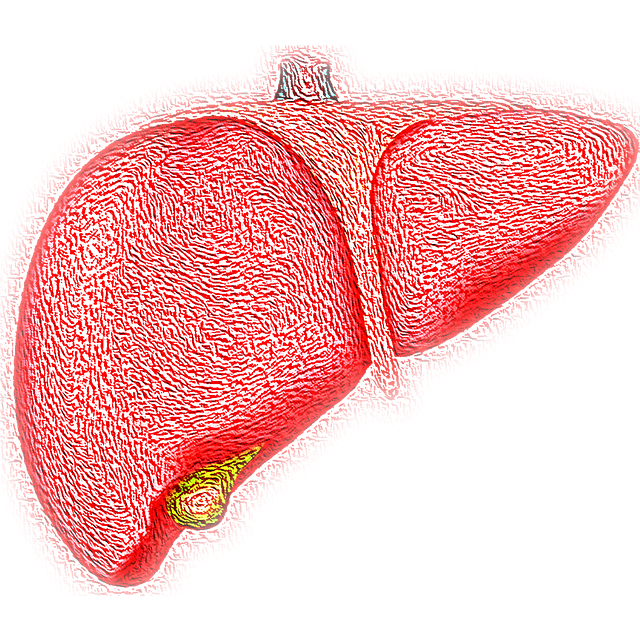It all began when Ashok, at the age of 40, decided to take charge of his health. Weighing in at 85 kilos, he got a master health checkup, a proactive step that uncovered some startling revelations. Ashok’s cholesterol levels were mildly elevated, and an ultrasound scan painted a picture of fatty liver, albeit in its early, grade 1 form. This, understandably, raised concerns and set Ashok on a path to discover the secrets of his liver’s well-being.
As health-conscious as they come, Ashok’s wife lived by the mantra of organic foods, practiced Kathak dance for an hour, dedicated 45 minutes daily to yoga, and closely monitored her water intake using a mobile app, ensuring she consumed a healthy 3-4 liters daily. Their nightly routine was nothing short of exemplary – lights out at 10 p.m., resisting the temptation of television or mobile screens.
However, Ashok decided to take things a step further and introduced the gym into his life. Hiring a personal coach, he got into the world of aerobics and weightlifting, making dietary changes that included incorporating eggs and meat. Two months later, he repeated his blood tests, and what unfolded was nothing short of astonishing. His cholesterol levels were now normal, but his liver enzymes had spiked significantly.
Ashok’s case raises multiple intriguing questions. Does lifting weights increase liver enzymes? Why are liver enzymes elevated seemingly without reason? Does the gym help combat fatty liver, and should one be concerned about elevated liver enzymes? These questions are not unique to Ashok but rather a common source of perplexity for many fitness enthusiasts and individuals on a quest for a healthier lifestyle.
The Role of Exercise on Liver Enzymes
To comprehend Ashok’s situation fully, we must first understand the relationship between exercise and liver enzymes. It’s essential to recognize that exercise, while undeniably beneficial for your overall health, can temporarily elevate liver enzymes. This is a natural response to the stress, exercise places on your body. However, this elevation is usually mild and should not be a cause for concern. In fact, regular exercise has been linked to better liver health, including a reduced risk of non-alcoholic fatty liver disease (NAFLD).
Fatty Liver: The Silent Intruder
Fatty liver, as in Ashok’s case, is a prevalent condition that often goes undetected until it progresses to more severe stages. This ailment can be attributed to various factors, including a sedentary lifestyle, poor dietary habits, and obesity. Fortunately, exercise, especially when combined with a balanced diet, has the potential to reverse fatty liver, reducing the risk of its progression and the need for medical intervention.
When to Be Concerned About Elevated Liver Enzymes
Now, back to the spike in Ashok’s liver enzymes. A temporary increase in liver enzymes due to exercise is generally not a cause for alarm. However, if liver enzymes remain consistently elevated or rise to abnormally high levels, it could be an indicator of an underlying issue that necessitates further investigation. Factors such as alcohol consumption, medication, or pre-existing liver conditions should be taken into account.
Do Bodybuilders Have High Liver Enzymes?
The case of bodybuilders is particularly intriguing. Bodybuilders engage in intense weightlifting and follow strict dietary regimens, often consuming high-protein diets that can influence liver enzymes. While there is some evidence that intense bodybuilding may lead to elevated liver enzymes, this is not a universal truth. Many factors, including diet, genetics, and overall health, play a role. Regular monitoring and consultation with a healthcare professional are recommended for individuals engaged in intensive training regimens.
Finally, Ashok’s journey from a sedentary lifestyle to embracing the gym is evidence of the transformative power of exercise. While exercise can cause temporary elevations in liver enzymes, the long-term benefits for liver health and overall well-being far outweigh any temporary fluctuations. As for Ashok, he continued his fitness journey, and his liver enzymes eventually normalized, showcasing the resilience of the human body.
So, to answer the questions posed at the beginning: Yes, exercise can affect liver enzymes, but in most cases, it’s a positive influence. Elevated liver enzymes are not always a cause for concern, but they should be monitored and investigated when persistent. And lastly, bodybuilders, like Ashok, can have variations in liver enzyme levels, but this should not deter them from pursuing their fitness goals.
In the grand scheme of things, it’s vital to remember that taking charge of your health, just like Ashok did, is a commendable journey. The path may have its twists and turns, but in the end, the destination is well worth the effort.
Image courtesy: v s rao


3 comments
A good article on liver enzymes and it’s elevation. Thank you so much doctor, for educating us.
thank you
[…] That’s why nutritional strategies, like increasing egg intake, could be so valuable to stop NAFLD from developing. Catching and treating fatty liver early is critical before it can worsen into an inflamed, fibrotic … […]